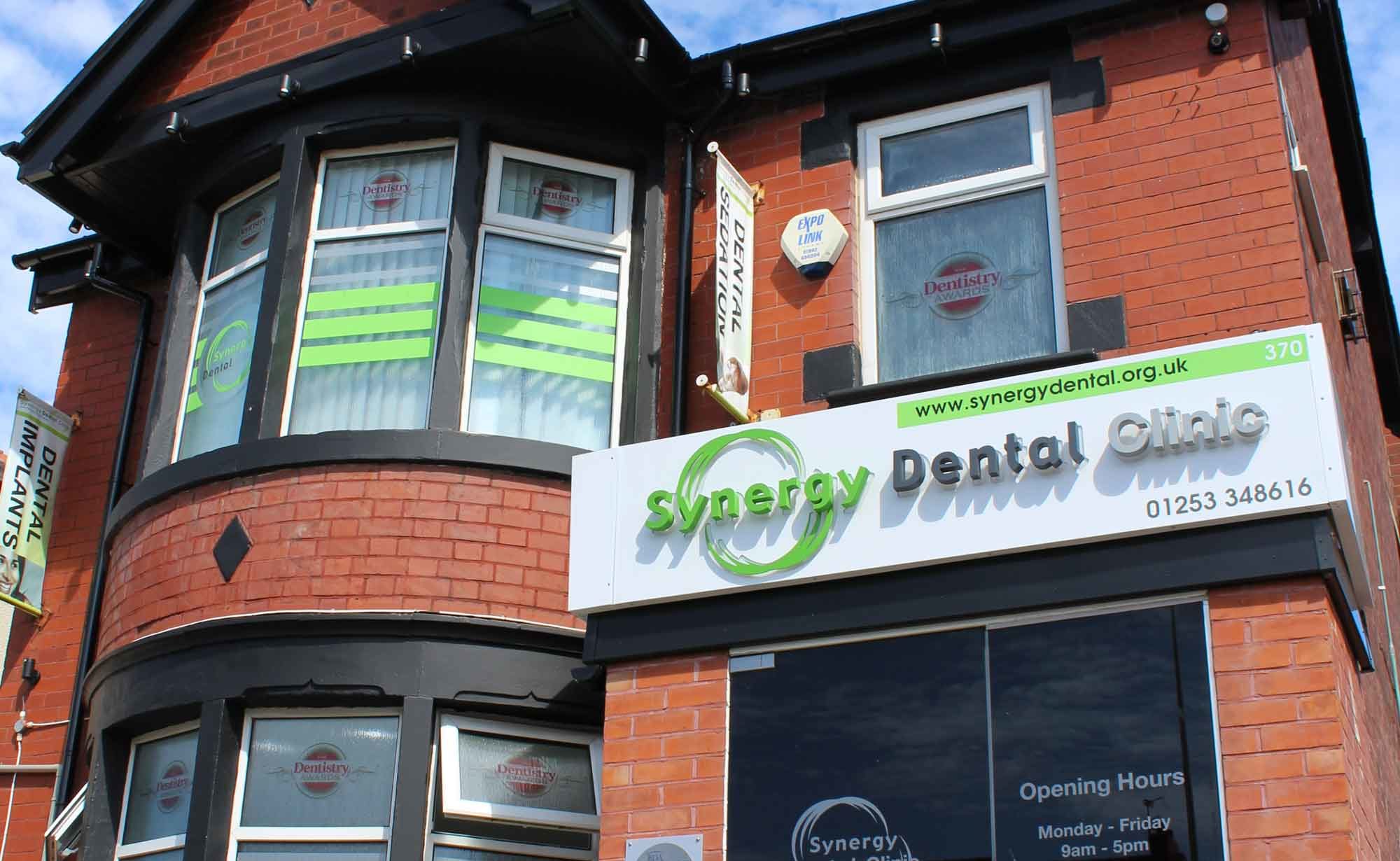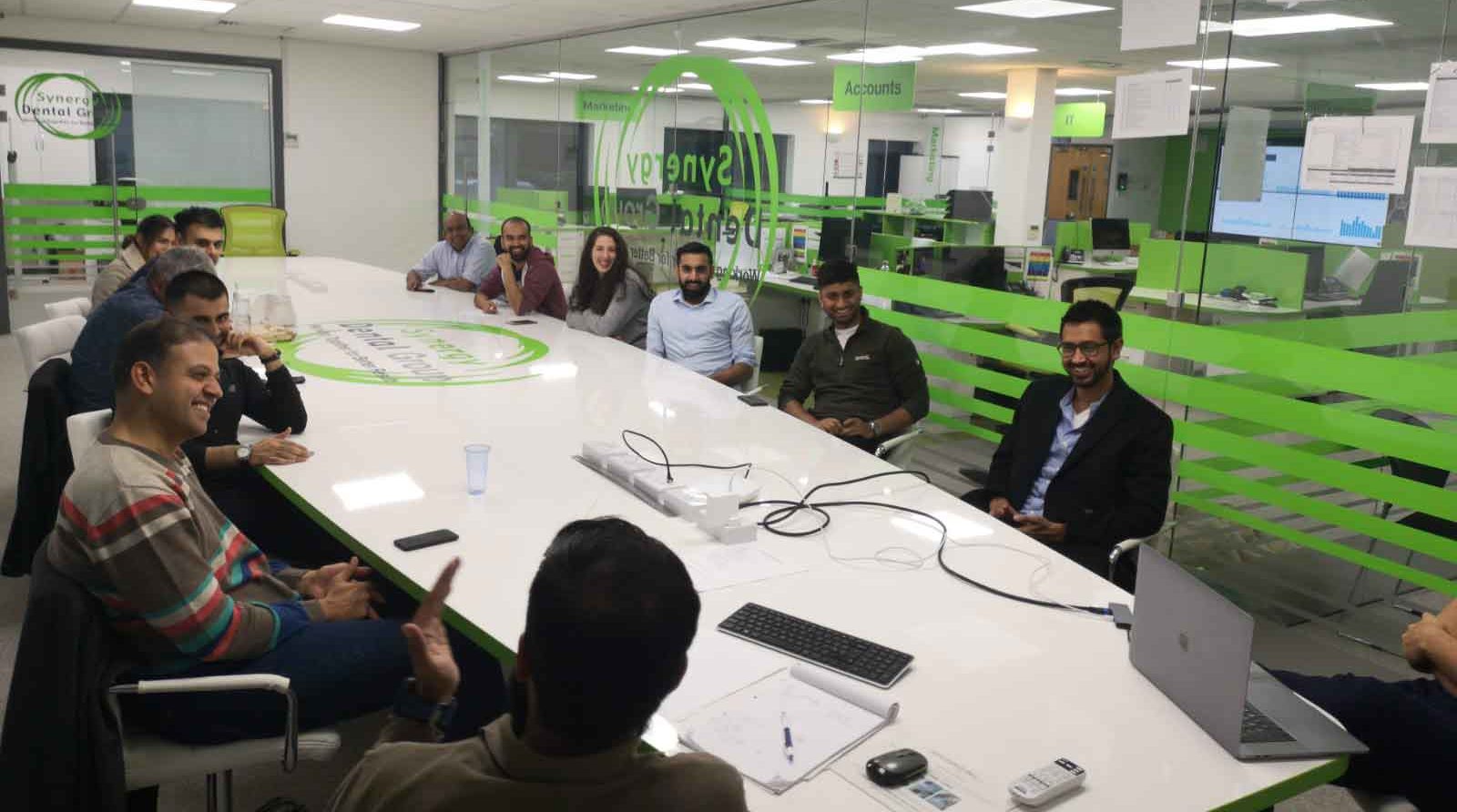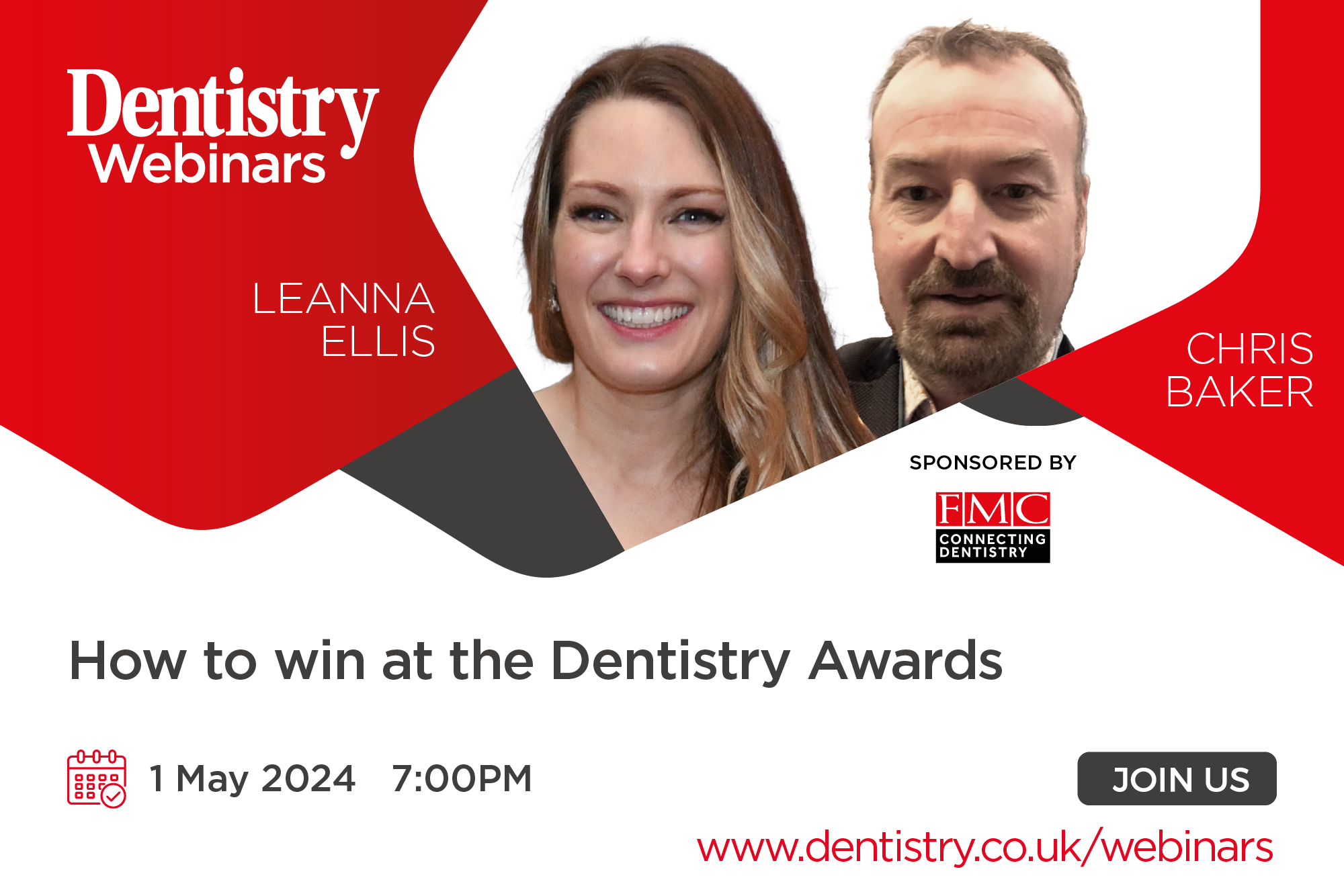 As Synergy Dental Group launches its joint venture partnership, we speak to CEO Zuber Bagasi about growing the group from one practice in Blackpool.
As Synergy Dental Group launches its joint venture partnership, we speak to CEO Zuber Bagasi about growing the group from one practice in Blackpool.
Please introduce yourself.
I’m Zuber Bagasi, born and bred in Bolton. And I’m the current CEO and founder of the Synergy Dental Group, which launched in 2007.
We have practices based in the north-west and one in the West Midlands.
Why did you choose dentistry as a profession?
Well I actually chose to become a lawyer after first enrolling into sixth form.
I’ve always loved to use my hands and could do a bit of art, good with design tech.
But I got coerced to go into law. So I opted for the law subjects like English, history and when I went into actually enroll, I thought: ‘What am I doing here?’ Those subjects just weren’t for me.
So I switched around to the sciences and maths, which is what I was good at.
I didn’t know at that time I was going into dentistry. But I thought these are the subjects that I actually enjoy.
It wasn’t until my grandfather sat me down and said you’ve got to choose a career that you’d enjoy. Something that you’d want to wake up to, want to go to. So I thought, it had to be a mixture of science and arts, and dentistry was an obvious career choice.
You graduated in 2005. Can you talk us through the process of buying your first dental practice to building Synergy Dental?
As an undergraduate I was very much involved in understanding NHS dentistry and how dentistry worked across the country.
I looked at the IDH group of practices and other smaller groups.
As an undergraduate I would read the standards of better health, the big hundred-page document. I was just trying to get my head around dentistry from a political aspect, from a regulatory aspect.
You go to the dental exhibitions and learn from other more experienced senior colleagues that the bigger your dental group, the worse dentist you become. There was a stigma attached to working for the corporates.
I ended up working for the Bhandal group as part of my vocational training in 2005/2006. They had approximately 80 practices.
The clinicians mentoring me were really on top of their game.
My vision from there was how do we bring a model into dentistry, which allows dentistry to flourish and that is clinically led.
‘Work together for better results’
So I looked into this back in 2005/2006. I looked at the Specsavers model for joint partnerships.
I looked at other companies like Google and Apple and how the team culture helped to empower staff and helps with progression.
The vision was always a synergy, which is how we work together for better results.
Following my vocational training I started applying to come back to Bolton. I started applying to the primary care trusts at the time to obtain a contract. This is pre-2006 contract changes.
I was invited across and asked to do some presentations. And so I presented and they were impressed and offered me a contract in Blackpool, so I set up.
I set up this squat practice whilst training. It launched after around six months.
After completing my vocational training I had about two months to sort my staff recruitment, implement policies, etc and then we launched in 2007.
The vision then was to bring corporate dentistry into a boutique environment, and that’s where the synergy came in.
‘How do we replicate this?’
Moving forward the challenge was; this is the first practice now, how do we replicate this? How do we make this practice into a success and then replicate this elsewhere? Something that doesn’t involve me working at other clinics.
So recruiting and developing appropriate staff, appropriate clinicians. To run that practice as if it’s their own. And that’s where the joint venture partnership comes in.
At that time, I started developing an analogue system for governance, for HR, for training.
Then, in 2010 three years on, I had grown the Blackpool practice to a four-surgery practice. I had become a vocational trainer.
Then all of these systems that I had developed I had to try and test in a practice far away from where I was. That happened in Birmingham.
I introduced some partners there and that practice is still running.
‘Like a finely tuned engine’
From 2010 onwards I thought this is great, it is working. Now how do I turn these systems and processes from analogue into a digital form. So more automation etc.
From then on we’ve been in the background working hard to digitalise all our systems, including digital-training platforms, into our own bespoke software solutions.
We’ve been testing that as we acquire new practices.
I had a plan to acquire one practice each year to trial the systems.
Every year we acquired a brand new practice to try and test these systems and make sure that we are actually seeing results, refining them and making sure that everything works. Like a finely-tuned engine.
We’ve tested the system and it works. Now we’re ready to offer this to the dental industry.

With COVID shutting down dentistry over the last few months, how has Synergy Dental dealt with this? And how have the practices in the partnership model handled it?
Oh fantastic.
The three months of lockdown we were running urgent care across the group.
We’ve developed systems even further, consolidating processes.
Following lockdown, practices are performing extremely well. Now is the best time for associates to step up and gain that security long-term.
Those associates that were predominantly private, there was a big impact on them from COVID. You’ve got to take control of your career and during this time associates have realised this. They should invest into a strategy.
If COVID ever happens again, at least they’ve got the control.
What do you think the future of dentistry is going to look like and how do you think the profession will recover from this?
You’ve got to flip that between NHS and private dentistry.
The public will always require dentistry. In any industry, whether in healthcare or not, people will always look for quality service. This will dictate where footfall will ultimately go.
Within our profession, investments that we make should be within our staffing. So upskilling staff, developing facilities and equipment, the seamless nature of the patient journey and ultimately the clinical outcomes that we provide will improve.
The public will recognise those investments.



